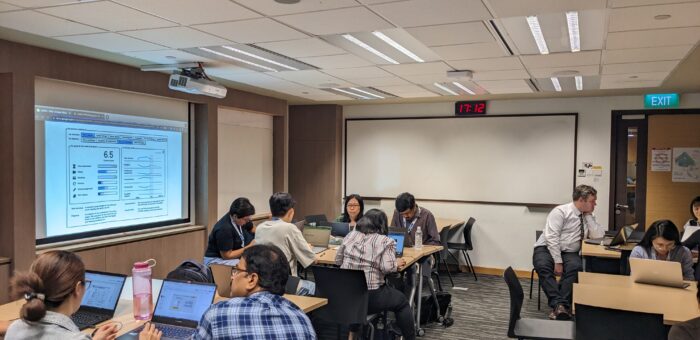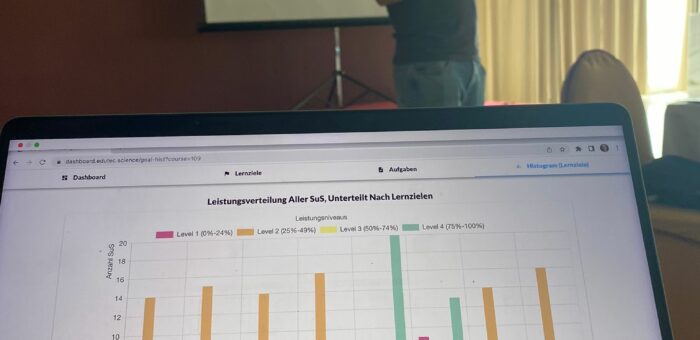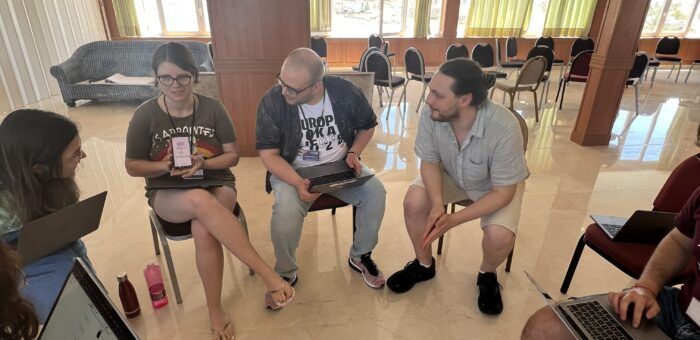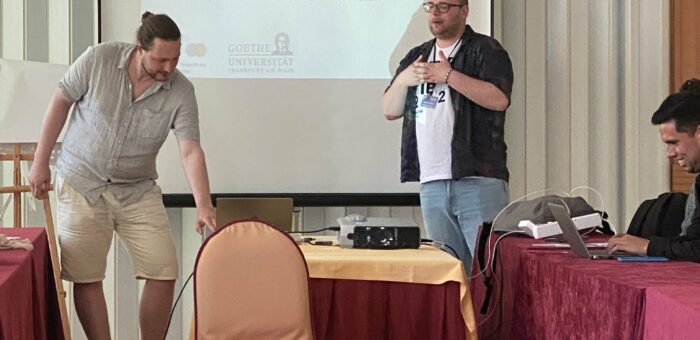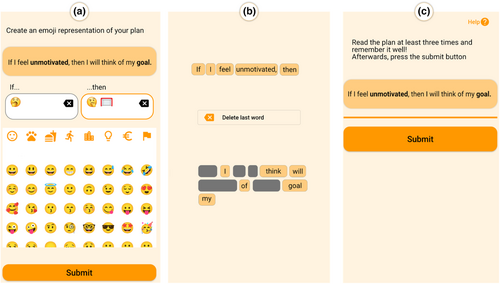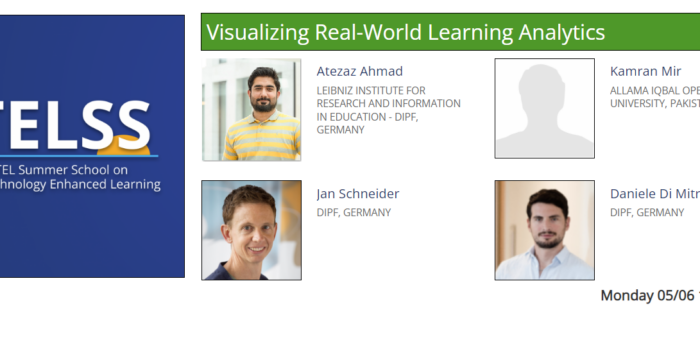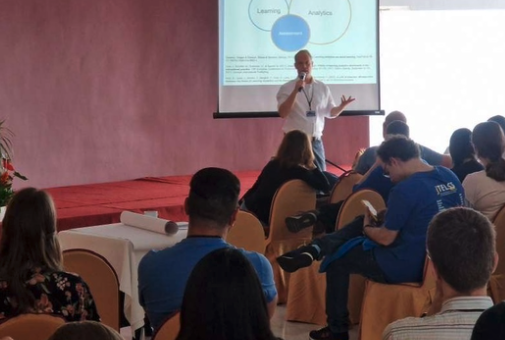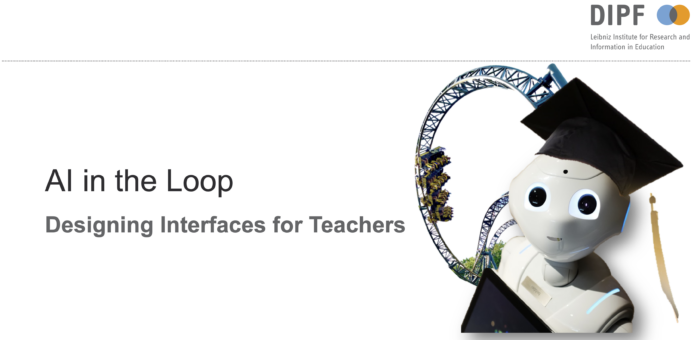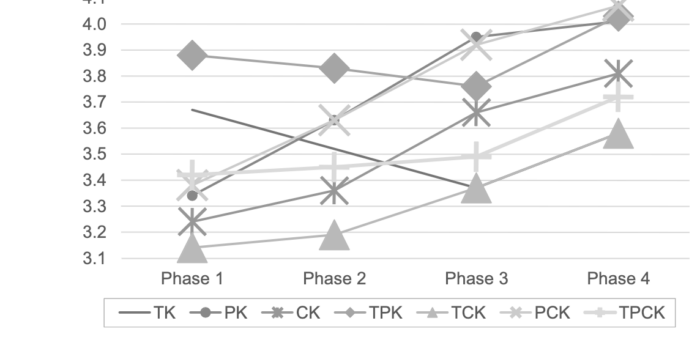
New Pub: How well does teacher education prepare for teaching with technology?
Competence development, Digitalisation, Empirical Study, Higher Education, Journal, Open access, Publication
Despite large-scale investments into the technological infrastructure of K-12 education, research has repeatedly shown that many teachers lack the expertise to effectively incorporate technology into classroom teaching. To support teachers in this, there is a need to understand how and when the relevant knowledge develops during teacher training. To this end, Joshua Weidlich and Marco Kalz conducted a study at Heidelberg University of Education, sampling prospective teachers (N = 526) and analyzing their self-reported technological pedagogical content knowledge (TPACK) across the seven dimensions of the framework. Specifically, they assessed (1) the extent to which students more advanced in their studies reported higher TPACK, (2) the effect of gender on these trajectories, and (3) the potential role of curricular cornerstones of the teacher education program. Regarding (1), they found that not…


